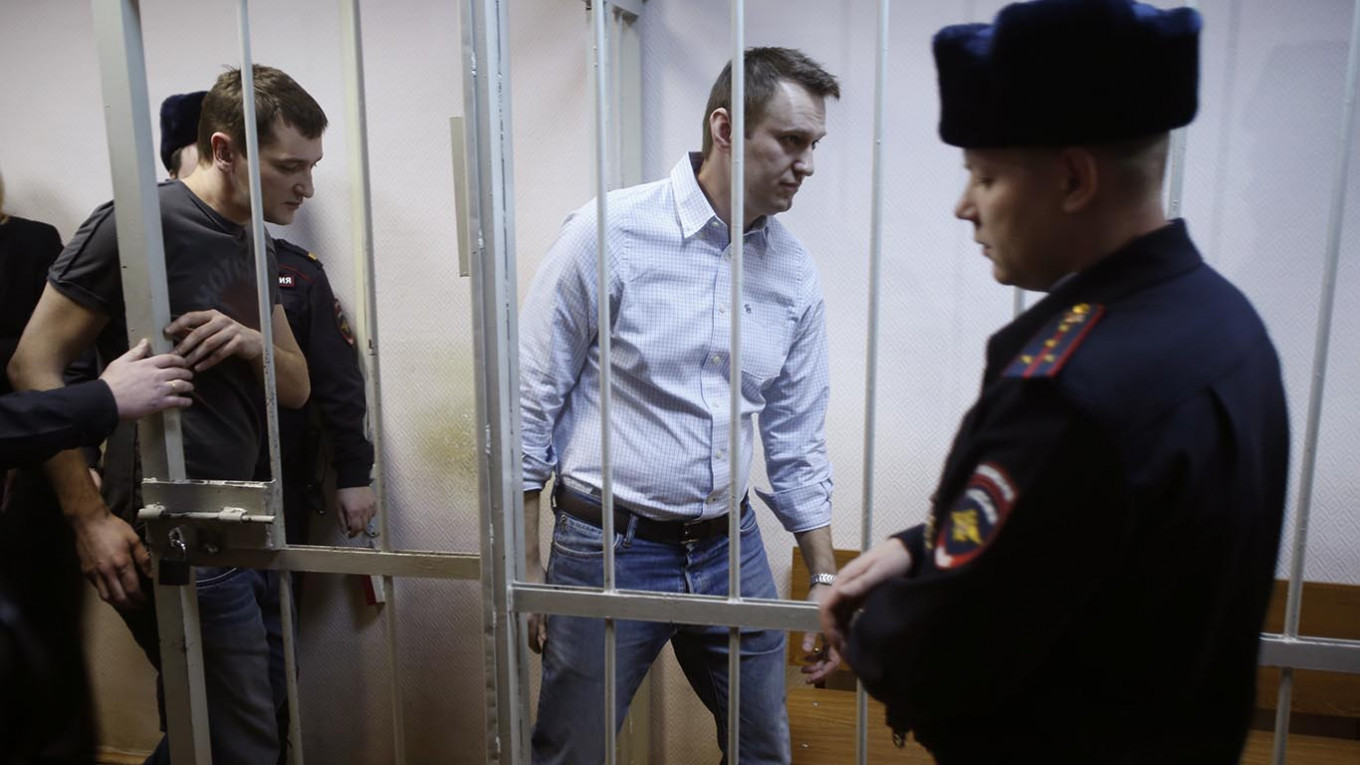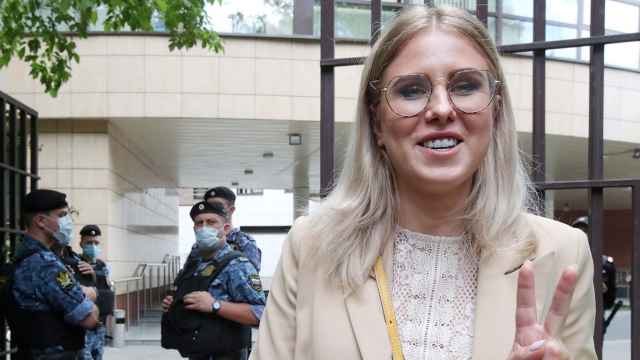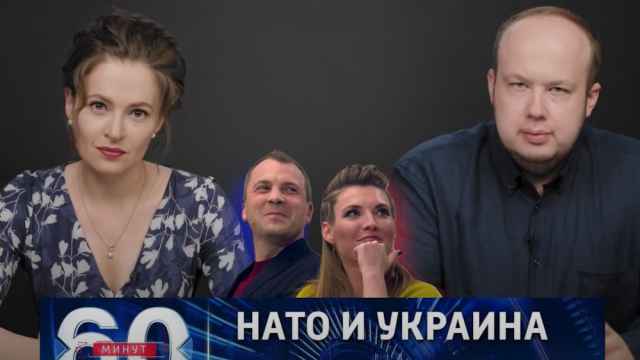Kremlin critic Alexei Navalny has been placed in custody until Feb. 15 for allegedly violating the terms of a 2014 suspended sentence on fraud charges.
On Tuesday, a court will deliberate over whether the 44-year-old anti-graft campaigner's suspended sentence should be converted to prison time.
Here are three things to know about the case:
Yves Rocher
In 2012, Navalny and his brother Oleg were accused of overcharging Yves Rocher Vostok, a subsidiary of the French cosmetics company, for services with their transport company Glavpodpiska.
Prior to the sentencing Yves Rocher admitted that it had suffered "no damage."
But a Russian court in December 2014 nonetheless handed the brothers sentences of three years and six months apiece. While Navalny's sentence was suspended, Oleg served his time behind bars.
Navalny and his allies believe the case was a ploy by the authorities to put pressure on him and his family for his political activities.
No show
As part of his suspended sentence, Navalny was expected to show up for checks with Russia's prison service (FSIN) twice a month up until Dec. 30, 2020.
But the prison service accused Navalny, who spent five months recovering in Germany from an August poisoning attack until returning to Russia last month, of skipping out on those appointments.
Russia's best known domestic critic may now have to serve the sentence behind bars partially or in full.
Navalny accuses President Vladimir Putin of ordering the country's security agency Federal Security Service (FSB) to carry out the attack on him with the Novichok nerve agent, a claim the Kremlin has repeatedly denied.
'Arbitrary, unreasonable'
In 2017, the European Court of Human Rights ruled the Navalny brothers had been deprived of their right to a fair trial, denouncing the Yves Rocher ruling as "arbitrary and manifestly unreasonable."
The next year the brothers filed a complaint with a court in Vannes, not far from Yves Rocher's headquarters in France, seeking "real and fair justice."
Yves Rocher has defended itself, saying its Russian subsidiary "acted in accordance with the practices and procedures of all international and independent companies and the more general principle of business ethics."
After the company was pressed on the case again following Navalny's arrest last month, it described itself as a "completely apolitical enterprise" and said it would not "comment on the Russian situation."
A Message from The Moscow Times:
Dear readers,
We are facing unprecedented challenges. Russia's Prosecutor General's Office has designated The Moscow Times as an "undesirable" organization, criminalizing our work and putting our staff at risk of prosecution. This follows our earlier unjust labeling as a "foreign agent."
These actions are direct attempts to silence independent journalism in Russia. The authorities claim our work "discredits the decisions of the Russian leadership." We see things differently: we strive to provide accurate, unbiased reporting on Russia.
We, the journalists of The Moscow Times, refuse to be silenced. But to continue our work, we need your help.
Your support, no matter how small, makes a world of difference. If you can, please support us monthly starting from just $2. It's quick to set up, and every contribution makes a significant impact.
By supporting The Moscow Times, you're defending open, independent journalism in the face of repression. Thank you for standing with us.
Remind me later.






